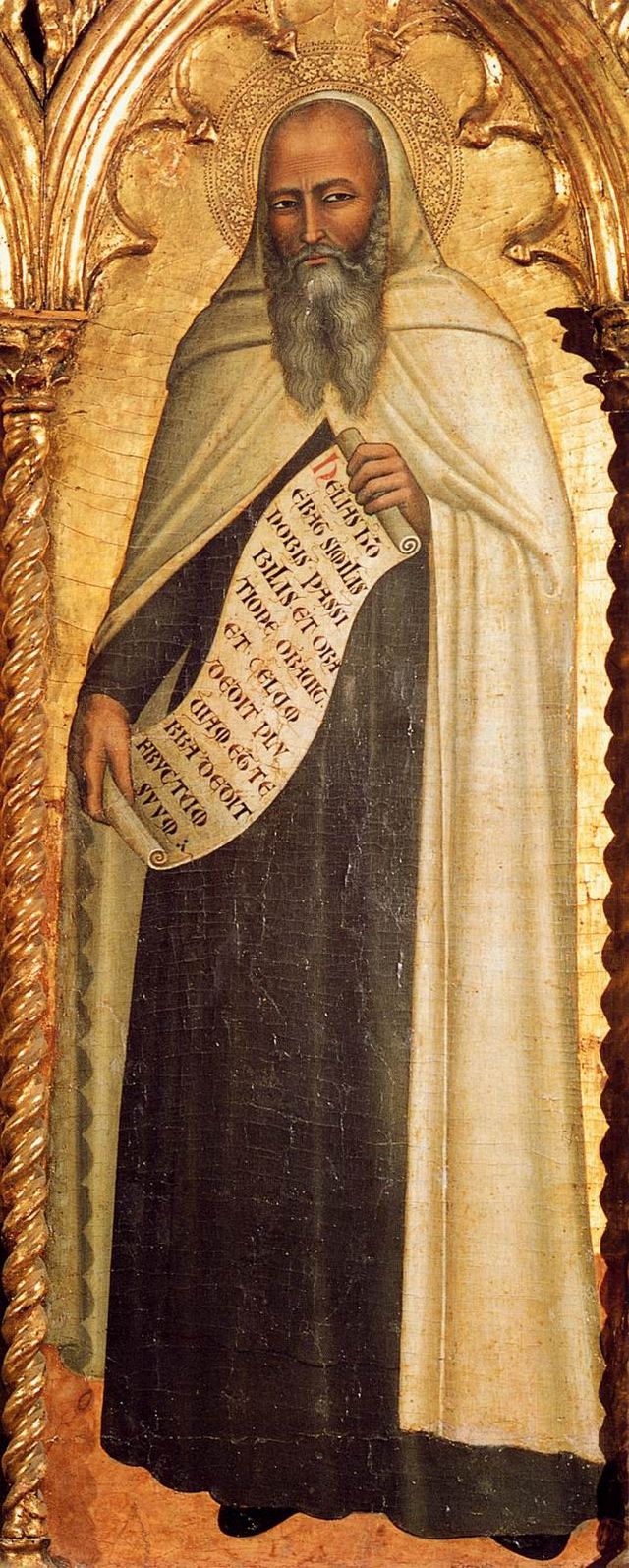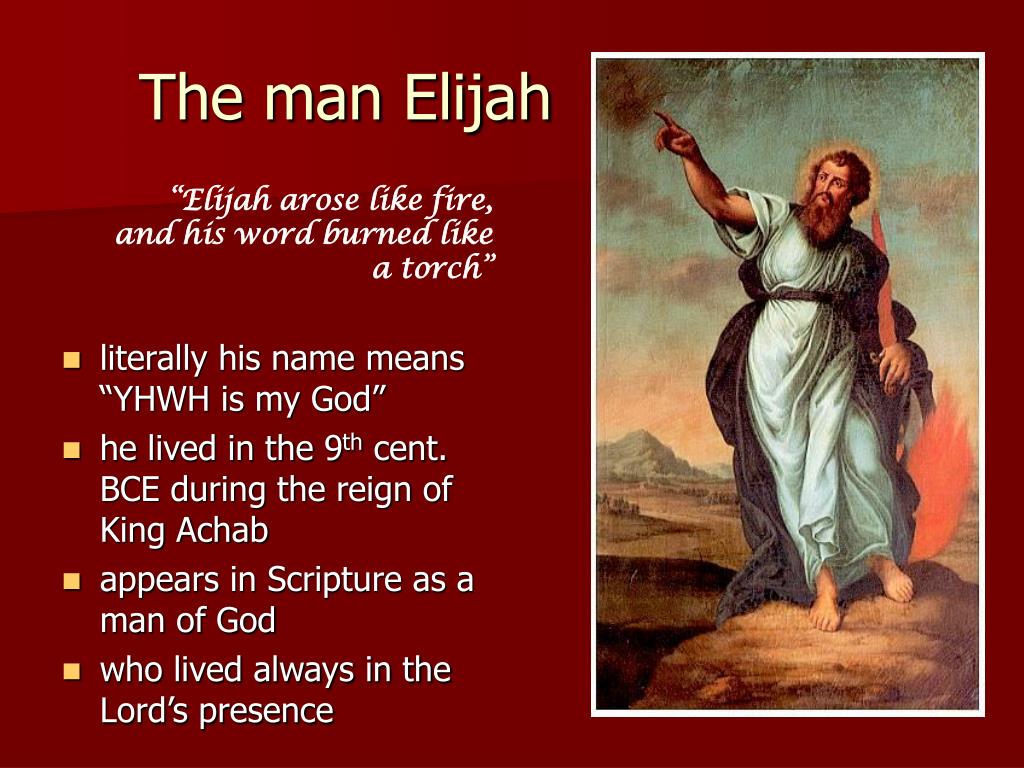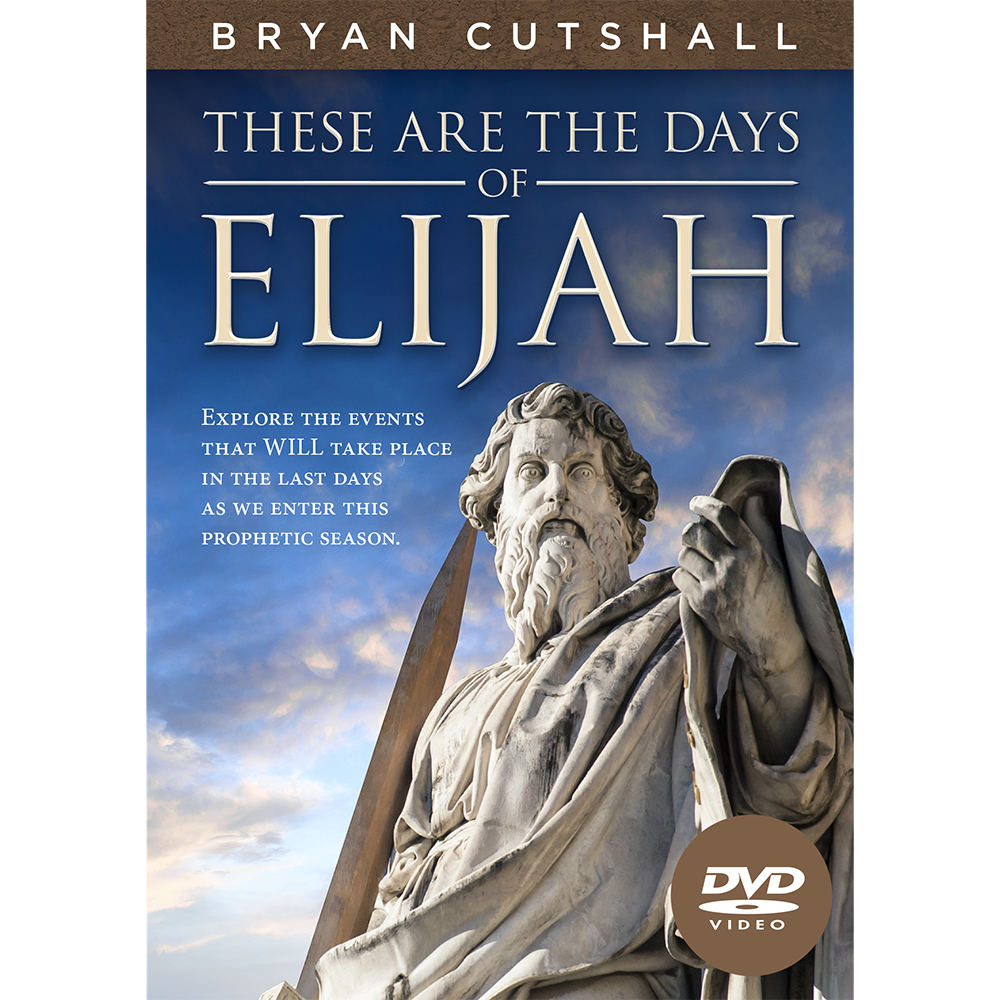
Have you ever contemplated the profound influence that prophets have had on the development of religious beliefs throughout history? One particularly significant figure in this context is Elijah, a revered Hebrew prophet whose life and deeds continue to echo through the ages. Elijah’s narrative extends far beyond the miraculous events attributed to him; it encapsulates a fierce struggle for the promotion of monotheism in a world rife with diverse and competing ideologies. His unwavering commitment to the worship of one God stands as a testament to his character and mission. As we explore the captivating life of Elijah, we will uncover the timeless lessons he imparted, which remain relevant to contemporary discussions about faith, devotion, and the quest for spiritual truth. Join me as we delve deeper into the remarkable journey of Elijah, examining how his legacy has shaped religious thought and practice across generations.
Who Was Elijah?

Elijah, a prominent figure in the history of ancient Israel, bears a name that translates to “Yahweh is my God.” He emerged during a particularly chaotic period characterized by significant religious and political strife. His life and mission are often likened to that of Moses, as both played crucial roles in safeguarding the worship of Yahweh against the encroaching influence of Baal worship. The primary accounts of Elijah’s life and deeds can be found in the biblical texts of 1 Kings and 2 Kings, where his prophetic activities are vividly documented.
### The Historical Context
To fully grasp the importance of Elijah’s role, it is essential to examine the historical context in which he lived. At the time, King Ahab reigned over Israel, and his rule was heavily swayed by his wife, Jezebel, who was a Phoenician princess. Jezebel’s fervent promotion of Baal worship posed a grave threat to the foundational beliefs of the Israelite people. This era was marked by a profound struggle within the community, as the Israelites found themselves caught between their ancestral faith and the seductive appeal of nature worship, which Baal represented.
#### The Rise of Baal Worship
With Jezebel’s influence, the worship of Baal gained significant traction, leading many Israelites to adopt a dualistic perspective on religion. They began to view Yahweh and Baal as two equal deities, which ultimately diluted the purity and essence of their faith. Elijah’s prophetic mission was to confront this alarming trend and to restore the exclusive worship of Yahweh. He sought to challenge the growing acceptance of Baal and to reignite the Israelites’ commitment to their traditional beliefs, emphasizing the importance of fidelity to Yahweh alone. Through his actions and teachings, Elijah aimed to guide the people back to their roots and reaffirm their covenant with God.
Elijah’s Prophetic Mission

Elijah’s remarkable journey as a prophet commenced with a bold and dramatic declaration that would reverberate throughout the history of Israel. He proclaimed a **drought** as a divine punishment for the nation’s persistent infidelity and disobedience to Yahweh. This pivotal act not only marked the beginning of Elijah’s prophetic ministry but also set the stage for a series of intense confrontations that would ultimately shape his legacy as a fearless servant of God.
The Drought and Its Significance
The drought that Elijah announced was far more than a mere natural calamity; it served as a **symbolic act** laden with meaning. By withholding rain, Elijah sought to illustrate Yahweh’s supreme authority over the elements, particularly in contrast to Baal, the storm god whom the Israelites had turned to in their time of need. This audacious declaration was a testament to Elijah’s unwavering faith in Yahweh, showcasing his commitment to restoring the people’s allegiance to the one true God.
The Contest on Mount Carmel
One of the most exhilarating and dramatic moments in Elijah’s prophetic career occurred during the **contest on Mount Carmel**. In this high-stakes showdown, Elijah confronted **450 prophets of Baal**, challenging them to demonstrate the power of their god. The atmosphere was charged with tension as two altars were erected—one dedicated to Baal and the other to Yahweh. The stakes could not have been higher, as the outcome would determine the fate of Israel’s faith and allegiance.
| Event | Description |
|---|---|
| Drought Declaration | Elijah announces a drought as punishment for the worship of Baal, signaling a call to repentance. |
| Mount Carmel Contest | Elijah boldly challenges the prophets of Baal to invoke their god to call down fire from heaven. |
| Victory | In a stunning display of divine power, Yahweh answers Elijah’s fervent prayer with fire, decisively proving His supremacy over Baal. |
Through these events, Elijah’s faith and courage not only solidified his role as a prophet but also served as a powerful reminder of Yahweh’s sovereignty and the importance of fidelity to God.
The Aftermath of the Contest
:max_bytes(150000):strip_icc()/BogdanVijaEyeEm-90307967d254424b83c9cc2f22ff7775.jpg)
After the contest on Mount Carmel, the people of Israel erupted in a powerful proclamation, declaring, “**Yahweh, He is God!**” This pivotal moment represented a crucial turning point in the ongoing struggle for monotheism within the nation. Elijah’s triumph was not merely about defeating the prophets of Baal; it symbolized a profound reclamation of the hearts and minds of the Israelites, drawing them back to the worship of Yahweh, the one true God.
Elijah’s Flight to Horeb
However, this hard-won victory came with significant consequences. Queen Jezebel, enraged by the death of her prophets, vowed to take Elijah’s life. Overwhelmed by fear and despair, Elijah made the difficult decision to flee to **Mount Horeb**. This journey was not just a physical escape from danger; it transformed into a deeply spiritual pilgrimage, as Elijah sought solace, strength, and divine guidance in his time of need.
The Encounter with God
Upon reaching Horeb, Elijah encountered a profound revelation that would change his understanding of God. Instead of finding the divine presence in the dramatic displays of nature such as the **storm**, **earthquake**, or **fire**, he discovered God in a **still, small voice**. This intimate moment underscored the idea that God transcends the powerful forces of nature and is often best understood through quiet reflection and personal revelation. It was a reminder that in the midst of chaos, the voice of God can be found in the calm, urging us to listen and seek His guidance in our lives.
Elijah’s Moral Stand
![]()
Elijah’s role as a prophet extended beyond mere miracles. He was also a **moral compass** for Israel. His confrontation with Ahab over the wrongful execution of **Naboth** for his vineyard showcased Elijah’s commitment to justice and righteousness.
The Importance of Justice
Elijah’s denunciation of Ahab’s actions highlighted a crucial aspect of prophetic ministry: the intertwining of **morality** and **religion**. He asserted that all individuals are subject to God’s law, emphasizing that true worship must be accompanied by ethical behavior.
Elijah and Ahaziah
Later, when King **Ahaziah**, Ahab’s son, sought healing from Baal, Elijah once again intervened. He brought down fire from heaven, reinforcing the message that Yahweh alone holds the power to heal and save. This act further solidified Elijah’s role as a defender of monotheism.
The Legacy of Elijah

Elijah’s life was filled with dramatic events, but his legacy extends far beyond his miracles. He is remembered as a champion of **monotheism**, a moral advocate, and a figure of hope for the faithful. His story resonates with those who seek to understand the complexities of faith in a world filled with distractions.
Elijah in Christianity and Islam
Elijah’s influence is not confined to Judaism. In **Christianity**, he is commemorated on **July 20**, and in **Islam**, he is recognized as a prophet. This cross-religious acknowledgment speaks volumes about his enduring impact on spiritual thought.
The Symbol of Hope
For many, Elijah represents hope and the possibility of redemption. His unwavering faith in Yahweh serves as a reminder that even in the darkest times, one can stand firm in their beliefs and advocate for justice and truth.

Elijah’s journey is a powerful narrative that challenges us to reflect on our own beliefs and actions. His life teaches us that faith is not just about rituals but about living out our values in a world that often pulls us in different directions. So, the next time you face a challenge to your beliefs, remember Elijah’s story and let it inspire you to stand firm in your faith.

